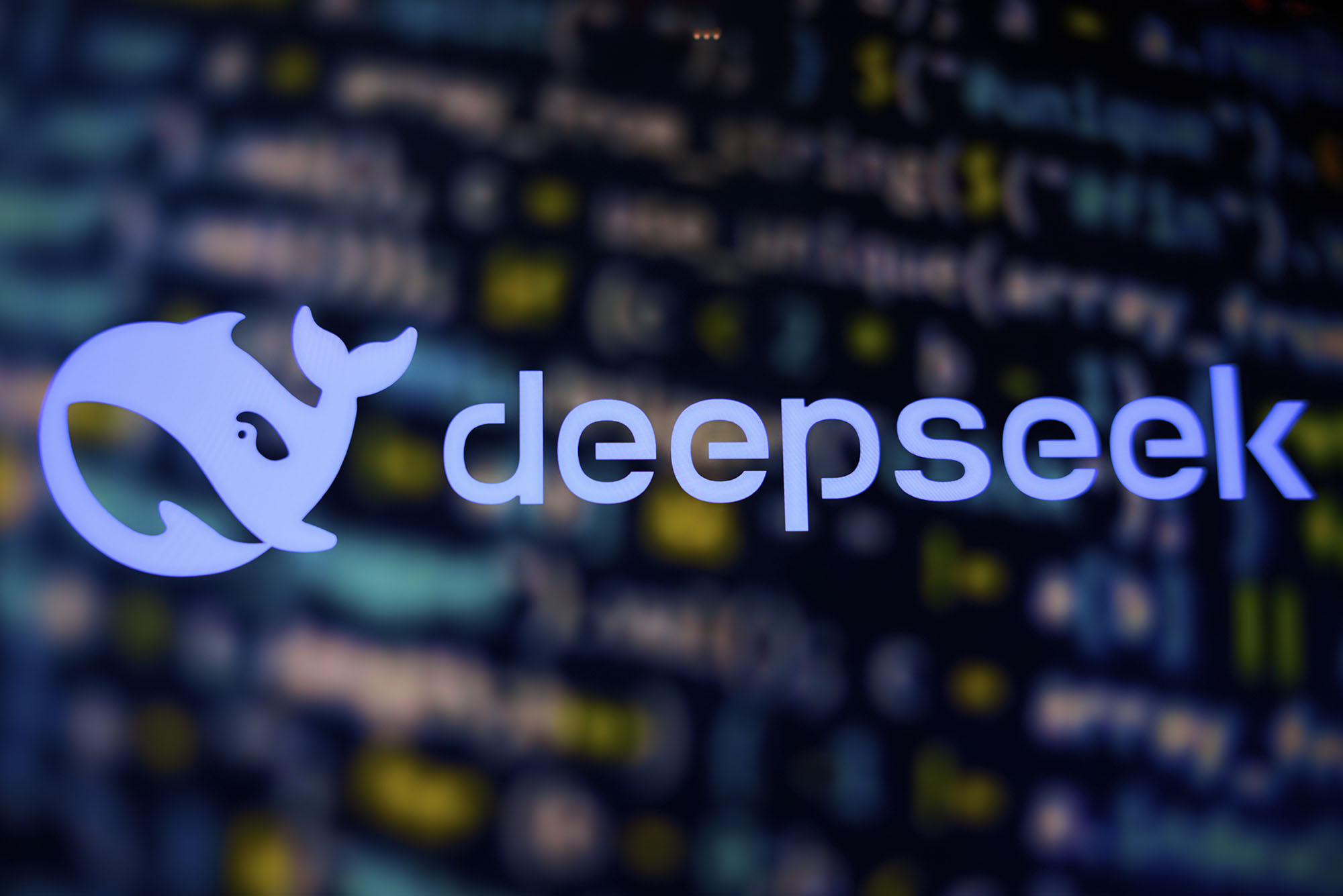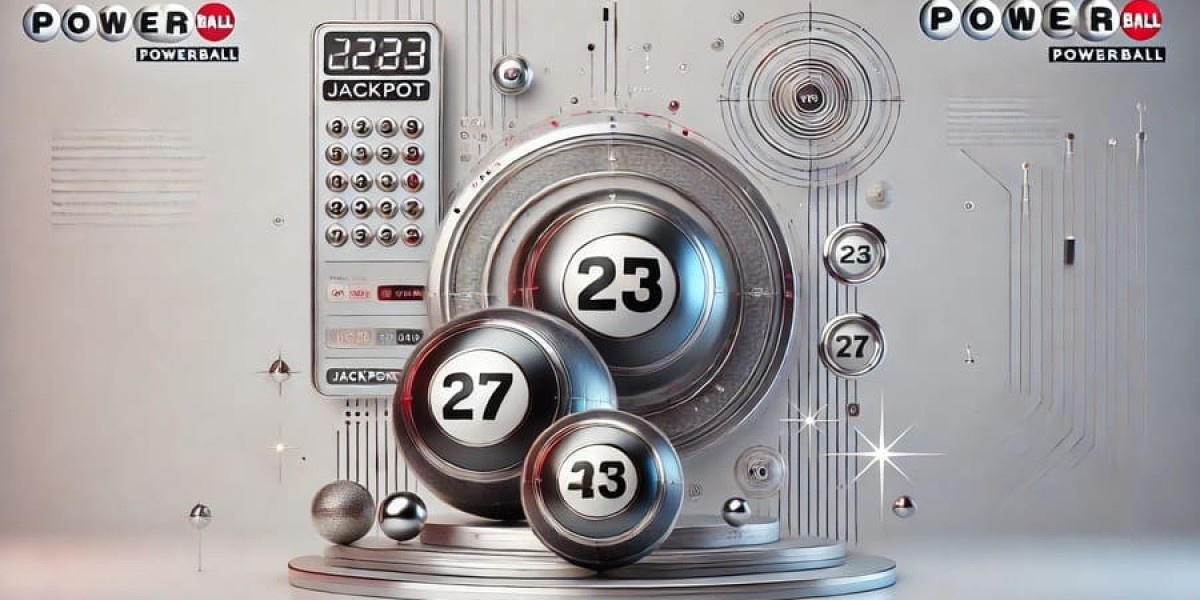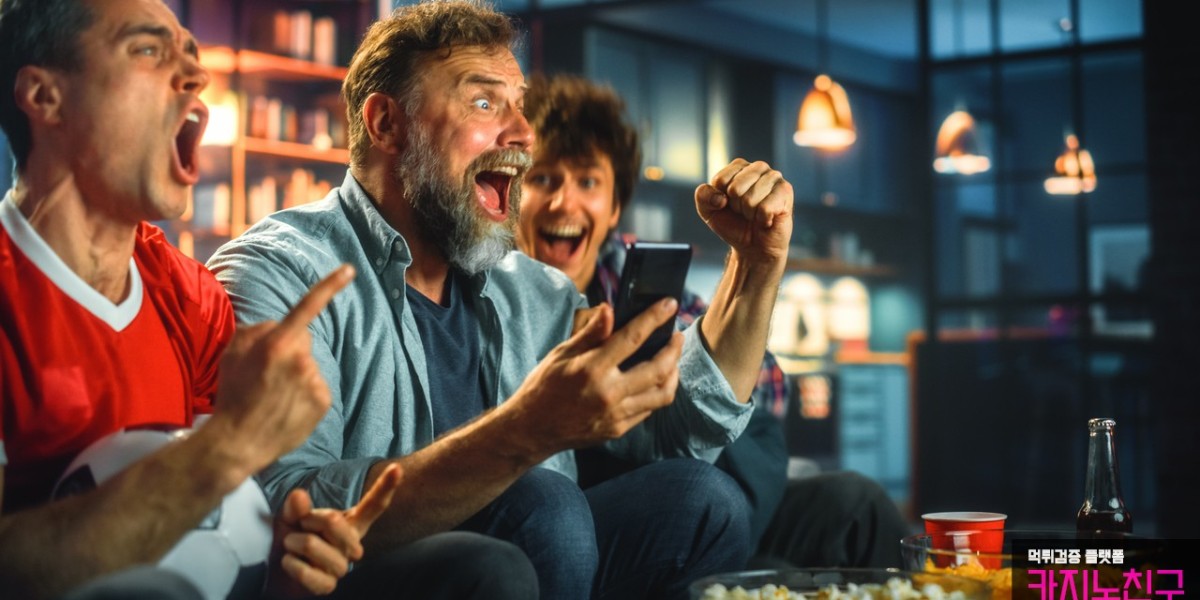
OpenAI and the White House have implicated DeepSeek of utilizing ChatGPT to inexpensively train its brand-new chatbot.
- Experts in tech law say OpenAI has little recourse under intellectual residential or commercial property and agreement law.
- OpenAI's terms of use may use however are mostly unenforceable, they state.
This week, OpenAI and the White House accused DeepSeek of something comparable to theft.
In a flurry of press statements, they said the Chinese upstart had actually bombarded OpenAI's chatbots with inquiries and hoovered up the resulting data trove to quickly and cheaply train a model that's now nearly as excellent.
The Trump administration's leading AI czar said this training procedure, called "distilling," amounted to intellectual property theft. OpenAI, on the other hand, told Business Insider and other outlets that it's examining whether "DeepSeek might have inappropriately distilled our models."
OpenAI is not stating whether the business plans to pursue legal action, securityholes.science rather assuring what a representative termed "aggressive, proactive countermeasures to safeguard our innovation."
But could it? Could it sue DeepSeek on "you stole our material" grounds, similar to the grounds OpenAI was itself took legal action against on in an ongoing copyright claim submitted in 2023 by The New York City Times and other news outlets?
BI positioned this concern to experts in technology law, who stated challenging DeepSeek in the courts would be an uphill struggle for photorum.eclat-mauve.fr OpenAI now that the content-appropriation shoe is on the other foot.
OpenAI would have a difficult time showing a copyright or copyright claim, these legal representatives stated.
"The question is whether ChatGPT outputs" - meaning the answers it generates in reaction to questions - "are copyrightable at all," Mason Kortz of Harvard Law School stated.
That's since it's uncertain whether the responses ChatGPT spits out certify as "imagination," he said.
"There's a teaching that states innovative expression is copyrightable, but truths and concepts are not," Kortz, who teaches at Harvard's Cyberlaw Clinic, stated.

"There's a big concern in copyright law right now about whether the outputs of a generative AI can ever constitute creative expression or if they are necessarily unprotected facts," he included.
Could OpenAI roll those dice anyway and declare that its outputs are safeguarded?
That's not likely, the legal representatives stated.
OpenAI is already on the record in The New york city Times' copyright case arguing that training AI is a permitted "reasonable usage" exception to copyright defense.
If they do a 180 and tell DeepSeek that training is not a fair usage, "that may come back to sort of bite them," Kortz stated. "DeepSeek could say, 'Hey, weren't you simply stating that training is fair usage?'"
There might be a distinction in between the Times and DeepSeek cases, Kortz included.
"Maybe it's more transformative to turn news short articles into a model" - as the Times implicates OpenAI of doing - "than it is to turn outputs of a model into another model," as DeepSeek is stated to have actually done, Kortz said.
"But this still puts OpenAI in a quite predicament with regard to the line it's been toeing concerning fair use," he included.
A breach-of-contract lawsuit is most likely
A breach-of-contract claim is much likelier than an IP-based suit, though it comes with its own set of issues, stated Anupam Chander, visualchemy.gallery who teaches innovation law at Georgetown University.
Related stories
The regards to service for Big Tech chatbots like those developed by OpenAI and Anthropic forbid utilizing their material as training fodder for a completing AI model.
"So perhaps that's the lawsuit you may potentially bring - a contract-based claim, not an IP-based claim," Chander said.
"Not, 'You copied something from me,' but that you gained from my model to do something that you were not permitted to do under our contract."
There may be a drawback, Chander and Kortz stated. OpenAI's regards to service need that many claims be dealt with through arbitration, pyra-handheld.com not claims. There's an exception for asystechnik.com suits "to stop unauthorized use or abuse of the Services or copyright infringement or misappropriation."
There's a bigger drawback, however, professionals stated.
"You must understand that the dazzling scholar Mark Lemley and a coauthor argue that AI regards to usage are likely unenforceable," Chander stated. He was describing a January 10 paper, "The Mirage of Artificial Intelligence Terms of Use Restrictions," by Stanford Law's Mark A. Lemley and Peter Henderson of Princeton University's Center for Information Technology Policy.
To date, "no model creator has really attempted to enforce these terms with financial charges or injunctive relief," the paper states.
"This is most likely for good reason: we believe that the legal enforceability of these licenses is doubtful," it includes. That's in part due to the fact that model outputs "are mostly not copyrightable" and since laws like the Digital Millennium Copyright Act and the Computer Fraud and Abuse Act "deal restricted recourse," it states.
"I think they are most likely unenforceable," Lemley informed BI of OpenAI's terms of service, "due to the fact that DeepSeek didn't take anything copyrighted by OpenAI and since courts typically will not implement arrangements not to compete in the lack of an IP right that would avoid that competition."
Lawsuits between parties in various nations, each with its own legal and enforcement systems, are always challenging, Kortz said.
Even if OpenAI cleared all the above obstacles and koha-community.cz won a judgment from an US court or arbitrator, "in order to get DeepSeek to turn over cash or stop doing what it's doing, the enforcement would come down to the Chinese legal system," he said.
Here, OpenAI would be at the grace of another extremely complex location of law - the enforcement of foreign judgments and the balancing of individual and corporate rights and nationwide sovereignty - that extends back to before the founding of the US.
"So this is, a long, complicated, laden procedure," Kortz included.
Could OpenAI have safeguarded itself much better from a distilling attack?
"They could have used technical steps to block repetitive access to their site," Lemley said. "But doing so would likewise disrupt normal consumers."
He added: "I do not think they could, or should, have a legitimate legal claim against the searching of uncopyrightable details from a public website."

Representatives for DeepSeek did not instantly react to a request for remark.
"We understand that groups in the PRC are actively working to use techniques, including what's referred to as distillation, to attempt to replicate advanced U.S. AI designs," Rhianna Donaldson, an OpenAI representative, informed BI in an emailed declaration.








